PM Mitsotakis: No Deal – It would not be possible for me to go to Ukraine and secretly sign an agreement
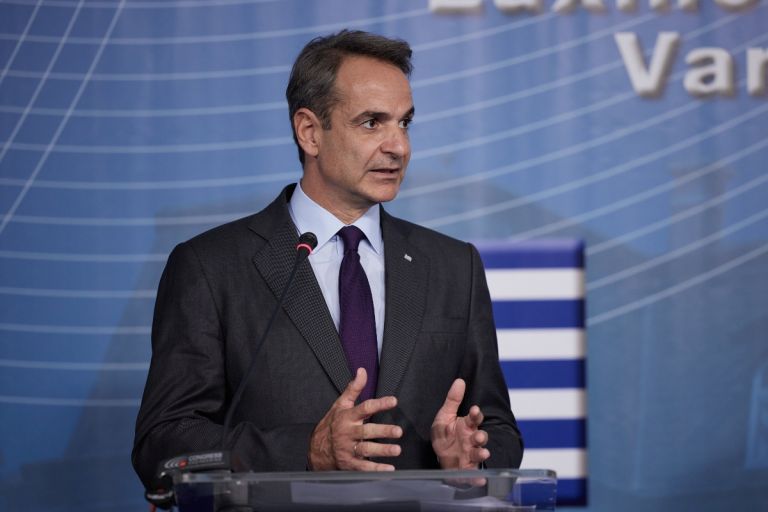
Πηγή Φωτογραφίας: (Ξένη Δημοσίευση) Ο πρωθυπουργός, Κυριάκος Μητσοτάκης μιλά σε κοινή συνέντευξη Τύπου, κατά τη διάρκεια της συμμετοχής του στην Τριμερή Σύνοδο Κορυφής Ελλάδας – Βουλγαρίας – Ρουμανίας, στη Βάρνα, Βουλγαρία, Δευτέρα 9 Οκτωβρίου 2023. ΑΠΕ-ΜΠΕ/ΓΡΑΦΕΙΟ ΤΥΠΟΥ ΠΡΩΘΥΠΟΥΡΓΟΥ/ΔΗΜΗΤΡΗΣ ΠΑΠΑΜΗΤΣΟΣ
It is the first time that the European Union is dealing with the issue of alternative ways of financing European defense, Prime Minister Kyriakos Mitsotakis stressed, responding to questions from journalists at a press conference following the conclusion of the European Council Summit in Brussels.
PM emphasized that after the Russian attack on Ukraine, a debate has been initiated at the European level on the need for the European Union’s strategic autonomy due to major geopolitical crises.
“ …on the occasion of the debate that is taking place on the ongoing European support for Ukraine: A level of discussion has now been initiated which concerns the strengthening of Europe’s strategic autonomy. In other words, its ability to invest more in European defence, which is becoming imperative, given the geopolitical crises that we are facing.
And I would say that this is a new addition to the debate that we are having, mainly because for the first time we are starting to ‘touch’, without going into the details, the issue of financing this common European effort, which is so necessary. At least that is what we are all saying in the discussions we are having. Consequently, the possibility of examining alternative ways of financing a major joint European effort to strengthen defence is, I believe, now on the table.
Greece – I said this in my statement upon my arrival here – is in favour of this option, possibly through the issuance of Eurobonds, which will be destined, however, exclusively for strengthening the defence of Europe. Enabling us, of course, to strengthen our defence industry, the European defence industry, so that we are not forced to always have to make major purchases outside the European Union”, said PM Mitsotakis.
He also mentioned that Greece’s proposal for the issuance of Eurobonds for European defense is on the table, and many countries that one would easily categorize as negative are, in principle, positive. It is not excluded that the same thing happens as with the discussion about the Recovery Fund amid the coronavirus pandemic.
“ When we agreed on the Recovery Fund, in the summer of 2020, several months before that many countries were saying that there was no way this would ever happen. I will remind you that we were the first to send a letter then, together with other European countries, and we were the first to put this concept of joint European borrowing on the table to finance the recovery after Covid. And many countries said at the time that this was out of the question. The same thing may happen now.
What I can tell you, and which is something that I found interesting, is that several countries that one might have initially classified as among the more restrained countries, have expressed an initial interest in exploring such options, and I see this as a positive development”, said Mitsotakis.
Furthermore, Mitsotakis expressed his contentment because after five months, “we managed to formulate a new framework of conclutions,” about what is happening in Gaza.
“ …we have managed, after a great deal of effort and after five months essentially, to formulate a new framework of conclusions about what is happening in Gaza. A framework which openly calls for a humanitarian ceasefire leading to a permanent ceasefire, obviously this ceasefire accompanied by the release of the hostages. But it also – I would say – holds Israel to account, saying clearly that an invasion of Rafah must be avoided, which could lead to an even more widespread humanitarian crisis.
And I think it is very important that as the European Union, united, we send this message: that the protection of civilians in the Gaza Strip is a central priority for the European Union right now.
I also think it is important that we keep repeating in every discussion the argument that the only definitive solution to the Palestinian issue is the creation of two states, and the way in which we will get to the discussions to launch such a solution – which we have not been able to do for many decades – is still open.”
Mitsotakis also referred to the discussion that took place within the framework of the revision of the Common Agricultural Policy, reiterating that European bureaucracy surrounding the “green” energy transition must be reduced and the income of Europeans and by extension Greek farmers, must be safeguarded.
“ I want to focus on the fact that we have discussed the issues concerning the primary sector and our farmers. And at the European Council level we recognise the need to reduce European bureaucracy in relation to the green transition and, of course, to boost the income of our farmers and to facilitate this transition, which nobody is denying”, empasised Mitsotakis.
Asked about an agreement between Greece and Ukraine during his recent visit to Odessa and the post made by the Ukrainian president on Thursday, Kyriakos Mitsotakis stressed that there is “ no deal” and emphasized that he could not sign secret agreements.
“ No deal. It is something that we have made absolutely clear. It would not be possible, after all, for me to go to Ukraine and secretly sign an agreement. These are not serious matters. But I will reiterate that Greece continues to firmly support Ukraine’s ability to defend itself, but without in any way questioning the operational capability of our Greek Armed Forces. This is something that is obvious and certainly applies to the issues of air defence, which are so sensitive”. Stressed Mitsotakis.
Regarding the discussion on including a reference to Euro-Turkish relations in the conclusions, the Prime Minister emphasized that the entire discussion was referred to the April Summit.
“ The issue of Turkey was not discussed in the plenary session of the European Council. There were some discussions on the margins of the Council and I think it was agreed that this issue will be discussed at the European Council in April, that is in a few weeks from now. So that there is more time and there is also the possibility of coming up with a text that everyone can agree on. And when I mean everyone, I am obviously referring to Cyprus and Greece, which I would say are the most directly concerned”.
Διαβάστε όλες τις τελευταίες Ειδήσεις από την Ελλάδα και τον Κόσμο






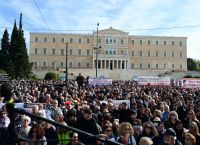

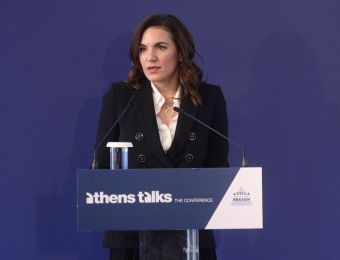
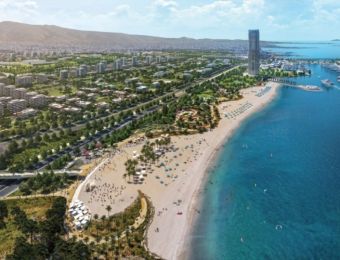



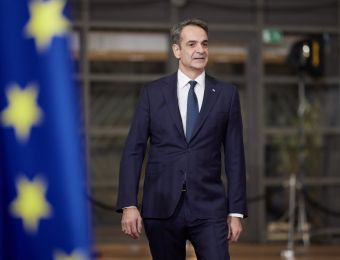
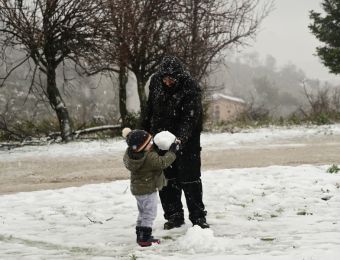


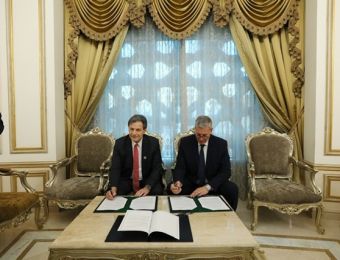
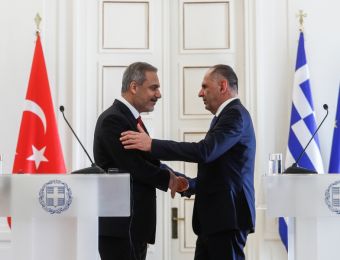


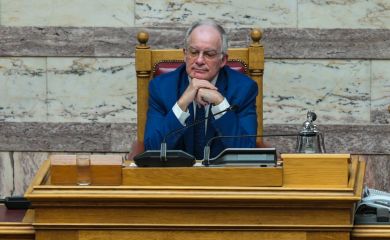
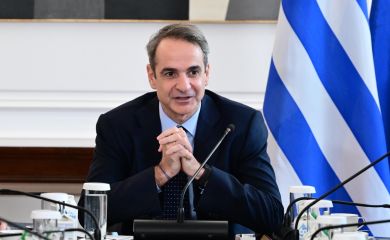
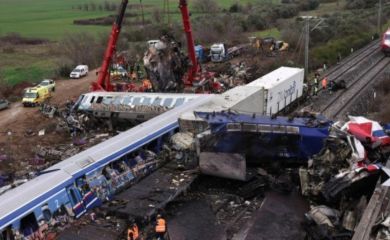
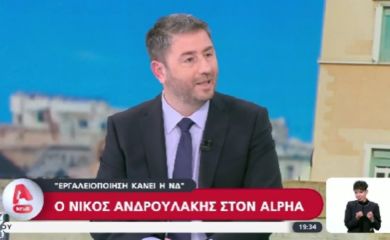
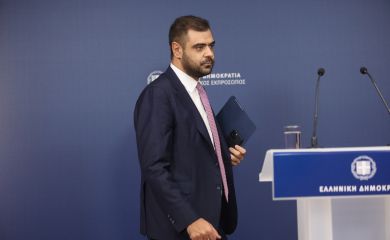
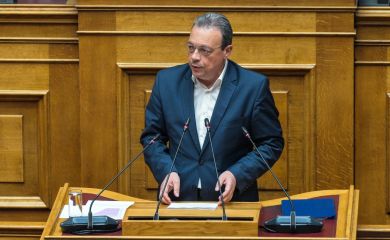
Το σχόλιο σας